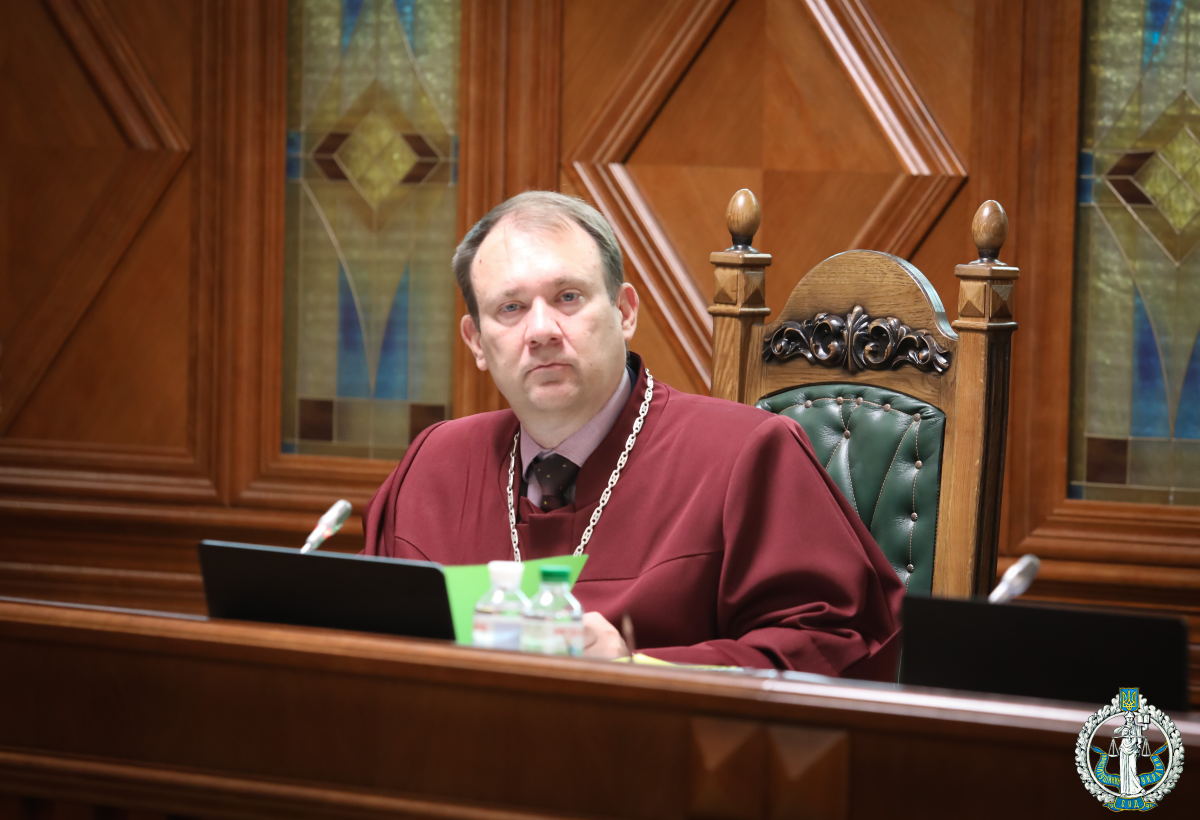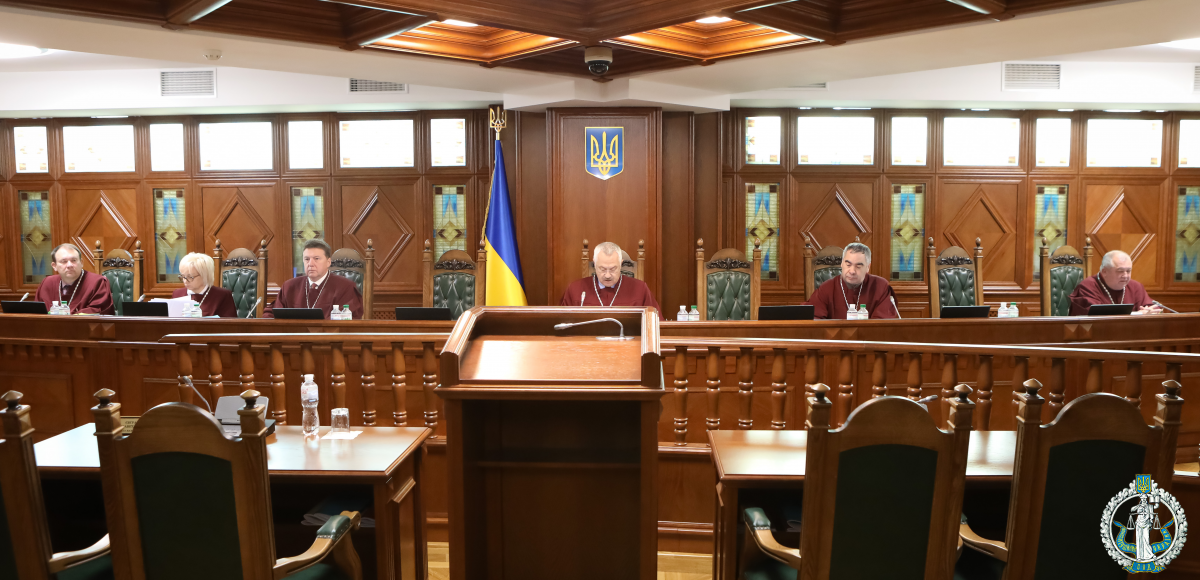On October 18, 2023, the Second Senate, at the public part of the plenary session, in the form of written proceedings, deliberated the case upon the constitutional complaint of Viacheslav Pleskach regarding the constitutionality of Article 57.3 of the Law of Ukraine “On Advocacy and Advocacy Activities” No. 5076-VI dated July 5, 2012 (hereinafter referred to as “the Law”).
During the plenary session, the judge-rapporteur in the case, Oleh Pervomaiskyi, noted that in accordance with Article 57.3 of the Law, “decisions of the self-governing bodies of the bar shall take effect from the day of their adoption, unless another term is provided by the decisions”.
The applicant points out in the constitutional complaint that the contested provision of the Law contradicts part 1-3 of Article 57 of the Constitution of Ukraine, due to the fact that:
- “The law stipulates that the decisions of the Bar Council of Ukraine, unless the Bar Council of Ukraine itself decides otherwise, enter into force immediately from the moment of their adoption - even if these decisions are in the nature of normative legal acts and require their official notification to citizens in accordance with the procedure established by law. That is, by default, according to the controversial norm, the legal acts of the Bar Council of Ukraine enter into force not from the moment of their publication, but from the moment of adoption - even if these dates diverge significantly in time;
- The law allows the entry into force of normative legal acts of the Bar Council of Ukraine without their official publication in a way that would provide for the establishment of legal effects by them no earlier than the moment when the participants of legal relations learned or could reliably learn about their content;
- The law provides for the possibility of regulatory legal acts of the Bar Council of Ukraine to become effective without fixing the moment and day of their publication, as well as recording their authentic text. Because of this, it is impossible to determine either the specific moment when rights and obligations begin to be limited by the legal acts of the Bar Council of Ukraine, nor it is possible to establish the authentic version of such a legal act...”.
According to the subject of the right to a constitutional complaint, the disputed provision of the Law violates his constitutional right to know his rights and obligations (Article 57.1 of the Constitution of Ukraine), as it provides that his rights, freedoms and obligations are defined and limited by normative legal acts of the Bar Council of Ukraine without bringing them to his attention in a way that would require his knowledge of the date, time, publication, recorded authentic text, and even more so, even the very possibility of knowing about the adoption of such a normative legal act.
The judge-rapporteur also informed that to ensure a full and objective deliberation of the case and delivering of a reasoned decision by the Court, he sent requests to a number of bodies of state power and academic institutions to express their positions on the issues raised in the constitutional complaint.
After examining the case materials in the public part of the plenary session, the Court proceeded to the in-camera part for a decision.
The plenary session is available on the official website of the Court in the section “Archive of Video Broadcasts of Sessions”.



